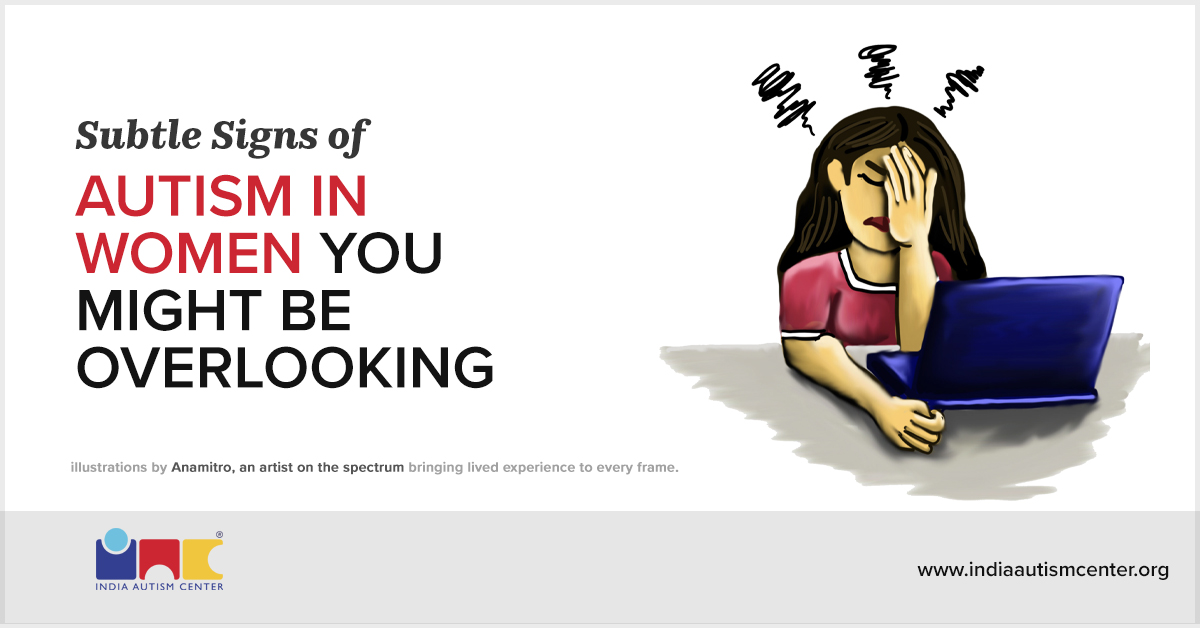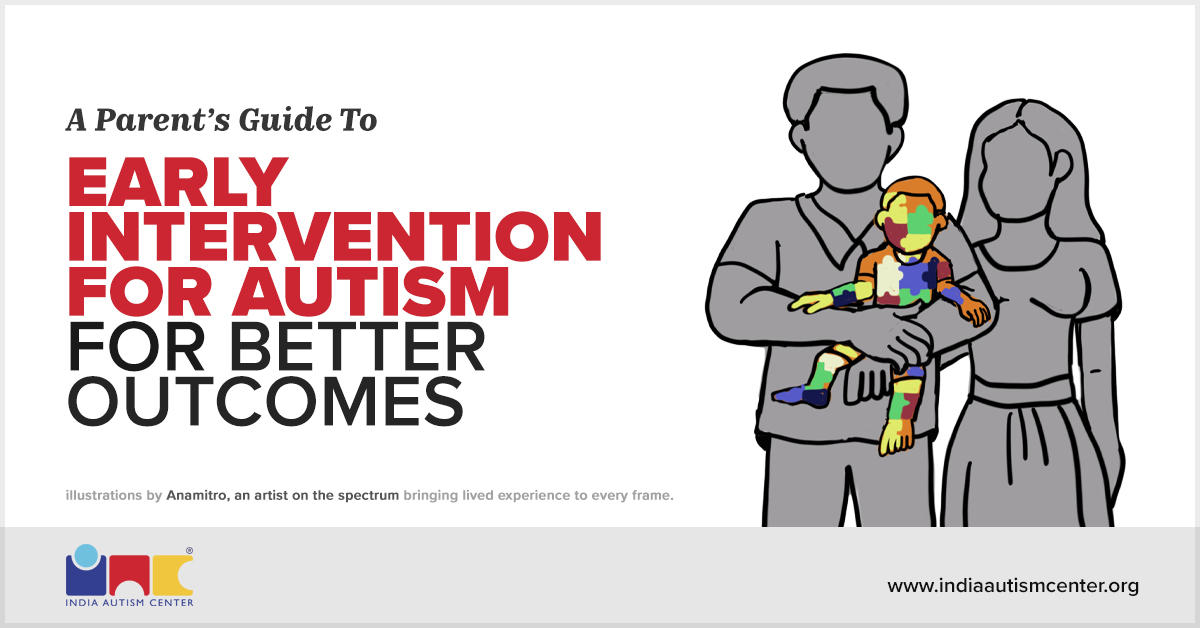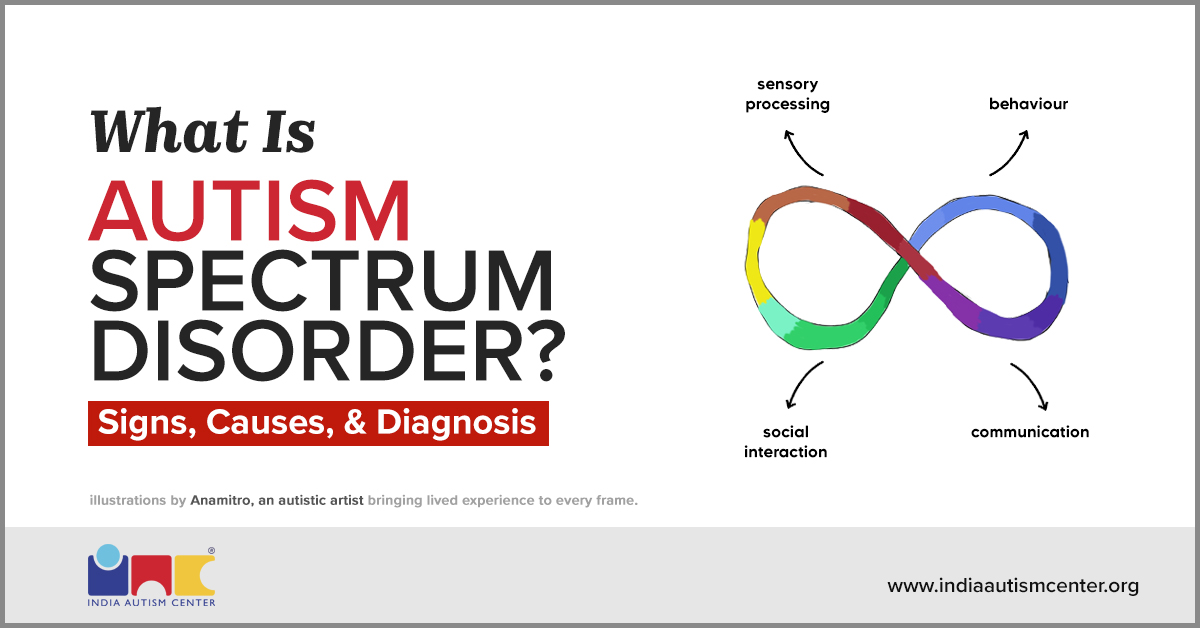Introduction
8% of children and teens worldwide have ADHD.
Yet it’s one of the most misunderstood disorders. People often dismiss its symptoms as “tantrums” or “behaviour issues”. This contributes to the fact that 3 out of 4 adults with ADHD may not even know they have it.
So as a part of Deloitte’s Wellbeing Wednesday, IAC organised a special webinar. We wanted to raise awareness of adult ADHD among employees.
The webinar aimed to help employees recognize ADHD symptoms and understand actions for better mental health support.
Puja Dutta, a psychologist from India Autism Center (IAC), led the session. She focused on how understanding ADHD can help create more inclusive work environments.
What is ADHD?
Attention-Deficit Hyperactivity Disorder (ADHD) is a neurodevelopmental disorder that affects a person’s ability to focus, control impulses, and regulate activity levels.
While commonly diagnosed in children, ADHD can persist into adulthood, with symptoms that are often harder to identify. Adults with ADHD may find it difficult to stay focused, organised, and manage time. This impacts their work and daily lives.
Clinical aspects of ADHD
Diagnostic and Statistical Manual of Mental Disorders (DSM-5), published in 2013, outlines three primary types of ADHD –
- Inattentive: Difficulty maintaining focus, staying organised, and completing tasks.
- Hyperactive-impulsive: High levels of restlessness, impulsivity, and difficulty staying still.
- Combined: A mix of both inattentive and hyperactive-impulsive symptoms.
For an ADHD diagnosis, the symptoms must be present for at least six months and cause significant impairment in daily functioning.
ADHD is not a disease and isn’t something to be ‘cured.’ Rather, it can be managed effectively to improve quality of life.
How does ADHD affect adults in the workplace?
ADHD can create several challenges in the workplace.
Many adults with ADHD find it challenging to estimate how long tasks will take, which can make meeting deadlines difficult.
They also have difficulty keeping track of tasks. This leads to disorganisation.
Many tend to make impulsive decisions. It results in actions without considering long-term consequences.
Even constant distractions make it difficult for individuals to complete tasks. It reduces their productivity.
Understanding these challenges allows organisations to give the necessary support and help employees with ADHD succeed.
Available therapies for ADHD
Although ADHD can be managed with the right therapies. Some common management strategies include:
- Structured routines
Creating consistent schedules helps individuals with ADHD stay on track. Breaking tasks into smaller, manageable steps can make them feel more achievable. - Medications
Stimulants or non-stimulants may be prescribed to help manage symptoms such as inattention and impulsivity. These should be used under the supervision of a psychiatrist or clinical psychologist. - Coaching and support
ADHD coaching provides practical tools for managing time, staying organised, and improving focus. Peer support groups or family support can also be beneficial.
Key takeaways from Deloitte’s Wellbeing Wednesday Webinar
The session at Deloitte provided valuable insights into the struggles faced by adults with ADHD, particularly in professional settings.
Puja Dutta emphasised that while ADHD presents unique challenges, it is important to create environments where individuals can thrive. This is possible if offices offer support, understanding, and flexibility.
She also touched upon how supporting individuals with ADHD requires understanding and empathy. Here are some ways discussed:
- Encourage individuals to discuss their needs and challenges. Be patient and respectful when they communicate their concerns.
- Support neurodiverse employees in creating routines and setting clear expectations, which can reduce stress and improve productivity.
- Recognize accomplishments, even small ones, and offer encouragement to boost confidence.
Conclusion
The Deloitte Wellbeing Wednesday Webinar raised essential awareness about ADHD and its impact on adults.
By understanding ADHD and its unique challenges, employees and organisations can take proactive steps to support neurodivergent individuals. Puja Dutta’s session emphasised the importance of creating inclusive environments where everyone, regardless of their neurodiversity, can thrive.
ADHD is not a barrier to success—it’s a challenge that can be managed with the right strategies. By fostering open communication, providing accommodations, and promoting inclusivity, companies can build stronger, more diverse teams that contribute to innovation and success.
If you want to learn more about ADHD or how to create inclusive workplaces, follow Puja Dutta on LinkedIn here.
Share your thoughts on ADHD and workplace inclusion on social media, and help spread awareness of how we can create better work environments for everyone.
Source:






